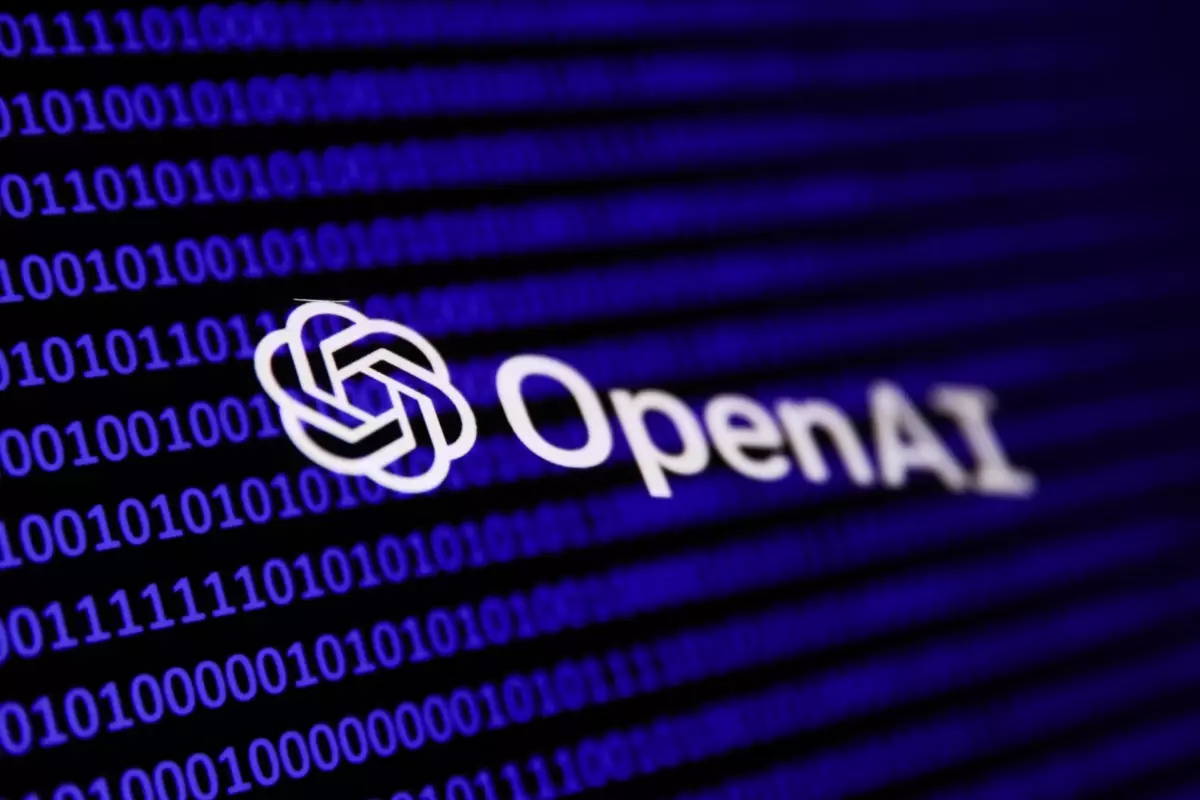In a story that unfolds in the complex landscape of Silicon Valley, Meta, the parent company of Facebook, has taken a bold stance against OpenAI’s planned transition from a non-profit to a for-profit entity. The implications of this move reverberate through the tech industry, prompting significant questions about the future of artificial intelligence development and the ethical boundaries of financial motivations in the sector. By aligning itself with Elon Musk’s opposition, Meta not only positions itself as a guardian of non-profit principles but also as a competitor in the aggressively growing AI market.
Meta’s formal communication to California Attorney General Rob Bonta raised alarms about the potential consequences of OpenAI’s transition. Citing the phrase “seismic implications for Silicon Valley,” the tech giant suggests that this shift may undermine the foundational philosophies that have characterized the tech industry’s approach to innovation and social responsibility. The concern hinges on the conflict that could arise when non-profit organizations leverage public funding and tax incentives alongside profit-driven models, a potent mix that could skew competition and resources in the AI arena. By stating that Musk and former OpenAI board member Shivon Zilis are “well-positioned to represent the interests of Californians,” Meta seeks to inject credibility into their argument while simultaneously fragmenting OpenAI’s support base.
Elon Musk’s involvement in this debate adds layers of complexity. Initially a co-founder of OpenAI, Musk’s path has diverged significantly; he helped establish the organization with aims of promoting safe AI use, only to later launch xAI as a direct competitor to OpenAI. His attempts to halt OpenAI’s transition reveal not only a rivalry between corporations but also a deeper philosophical divide regarding the future of AI development. Musk’s legal initiatives, including the request for an injunction, highlight his strategic maneuvering focused on protecting his interests while calling into question the ethics of AI monetization.
Interestingly, Meta’s engagement goes beyond just an intra-industry squabble. The company’s displeasure reflects a growing unease among tech companies regarding how the transition of established non-profits to profit-based structures could reshape competitive dynamics in technology. As more companies explore lucrative models for AI development, the foundational principles of transparency, collaboration, and ethical considerations could be overshadowed by profit motives. The ecosystem itself may become hostile to upcoming startups that rely on trust and community support rather than investor profitability.
In summation, Meta’s support for Musk’s opposition to OpenAI’s profit shift can be seen both as a protective measure for an existing framework of AI ethics and a reflection of fierce competitive dynamics in Silicon Valley. As the debate unfolds, it will be critical to monitor how these tensions shape not only company strategies but also the regulatory decisions that govern AI innovation. The conversation surrounding profit in non-profit organizations will inevitably lead to future legislation, industry frameworks, and perhaps a re-evaluation of how society values the development of technology intended for the public good.

